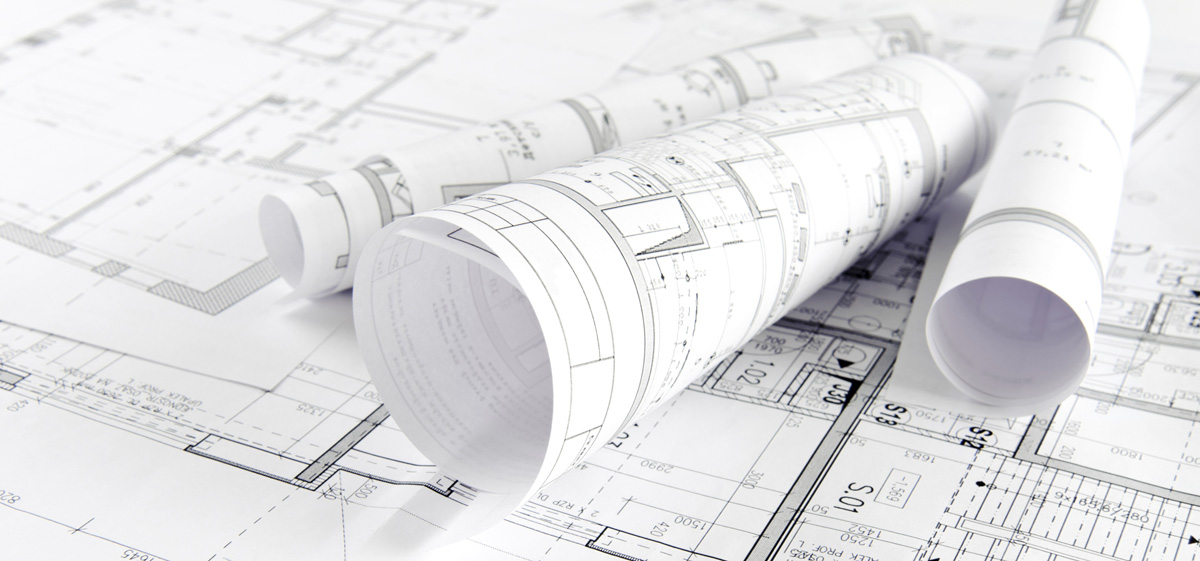Choosing a Builder or Remodeler
by: Ken Sherman
That seems to be the American way, everyone is in a hurry. So many times consumers call 2 or 3 contractors and make their decision based on Availability and Lowest Price.
Or the consumer calls 3 contractors and goes with the one who actually shows up.
I can’t begin to tell you how many horror stories I have seen throughout my years as a general contractor. Better yet, frequently homeowners have called me to fix or finish another contractor’s mess. Most of these situations could have been avoided. Here are some tips on how to keep your dream project your dream and not your nightmare:
Finding the right contractor for your needs
Do your research
Finding a builder or remodeler who is right for you and the job you want done is important. Many times the project you have in mind will take weeks or months to complete, so you want to do everything possible to ensure that you make the right choice.
Here are some tips:
- Seek referrals from friends, family and co-workers
- Contact the Capital Region Builders and Remodelers Association for names of reputable contractors and remodelers
- Talk with Building Material Suppliers, Architects and Home Inspectors
Once you have identified some strong candidates, do your research to make sure these are the type of contractors that have experience in your type of project. Call the Better Business Bureau to find out if there have been any unresolved complaints. When meeting with the contractor for the first time be sure to ask for references. The reference should include the type of project completed, the person’s name, address, phone number and when the project was completed. Take the time to call on these references; here are some questions to ask:
- Would you use the contractor again?
- Did the crew show up on time?
- Was your project completed on time and within budget?
- How was the communication with the contractor? Did they keep you informed as the job progressed? Were they easy to talk with?
- Were there any misunderstandings and if so, how were they resolved?
Making the Decision
You have done your research and asked all the right questions. However, before you have a contract drawn up, there are still a few more items to be considered.
Estimates
Ask for a written estimate of the work to be done, this should be based on a set of plans, drawings and specifications. Many times it is a lengthy and time-consuming process for the contractor, so you should be prepared to pay for this. Some contractors may offer to do a free estimate on smaller projects.
Make sure that you are comparing apples to apples. Estimates from different contractors need to be based on identical project specifications. For example, if you are having a new roof put on your home, make sure each contractor is bidding on a 30-year shingle.
Don’t allow price to be the determining factor, if you like the contractor and feel that he would do a good job, don’t settle for a different contractor just because his price is lower. It may end up costing you more in the end! If the estimate is more than you can afford, you may be able to scale down the project by making a few modifications.
The Right Fit
Remodeling is a very personal process. The contractor you choose will be part of your home life for several weeks or months. It is important to make sure that your personality and that of your contractor are compatible. Bottom-line, ask yourself: Do I feel comfortable with this contractor? A strong rapport and ability to effectively communicate with your contractor will help any job go well.
Ready for a Contract
You have chosen a contractor to do your work, but no work should take place until a signed contract that spells out in detail what, where, how, time span, and cost of your project is in place. Below you will find a list of what your contract should include before any work begins:
- The contractor’s name, address, phone number and license number (if applicable)
- A visual representation – blueprint, floor plan or sketches that show what the contractor will do and where
- The timetable for the project, including approximate start and completion dates
- The price and payment schedule. Never make final payment until the job is complete
- Specify that the contractor will obtain all permits and that this is included in the price of your job. You should NOT obtain the permit yourself for the contractors work
- Insurance information: Be sure to get a copy of Worker Compensation and Liability Insurance before work begins
- Specifications for all products and materials. The description should provide enough information to clearly identify what it is, such as brand name, model number, color and size. This section of the contract may also describe any materials to be selected later, who will choose them and amount of money to be set aside to pay for each item. For example, a new floor may be part of your remodel; however you haven’t selected the actual flooring. The contractor may base a bid on “X” quality and you may select a floor of higher quality.
- Lien releases to ensure that you are not held liable for any third-party claims of non-payment
- The procedures for handling any alterations occurring during the process should be made in writing as an addendum-like document to your project
- Provisions for conflict resolution in the event of a contract dispute
- Notice of your right under the Federal Trade Commission’s “Right to Rescission” Rule to cancel any contract within three days of signing
- Details on issues like access to your home, care of the premises, phone and bathroom use, cleanup and debris removal
Once you have read your contract carefully, review it with your contractor to clarify any wording or details you do not understand. If your contractor has promised you something then have it in writing on your contract or change order. When all questions have been answered and all is in writing, then you are ready to sign the contract.






